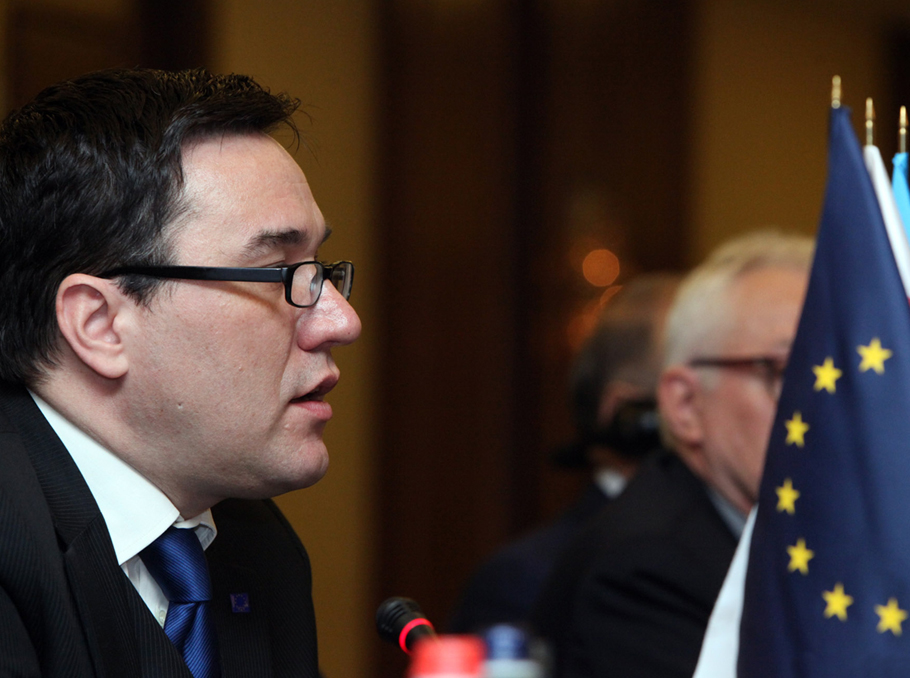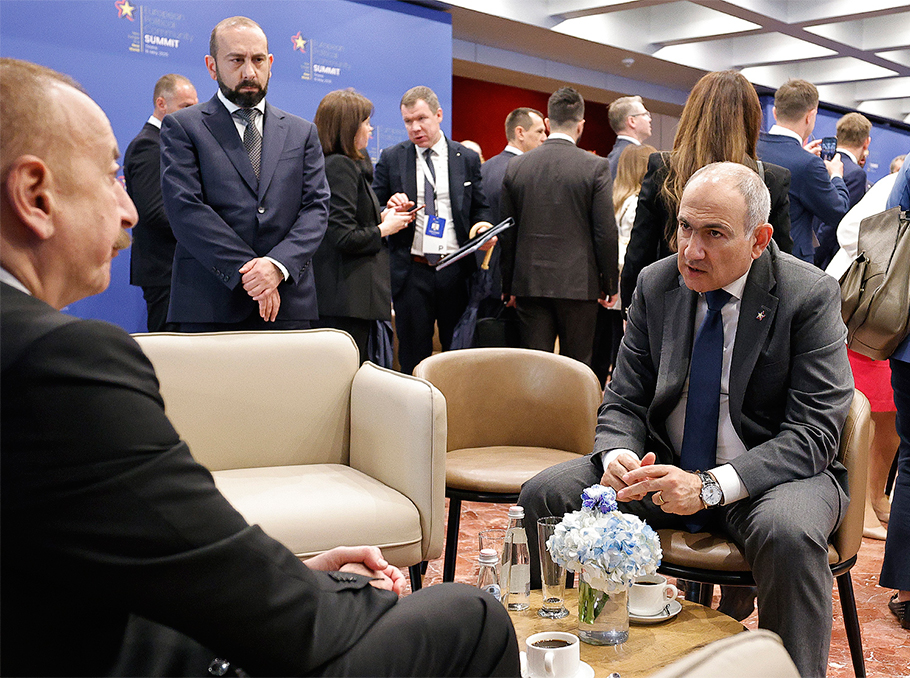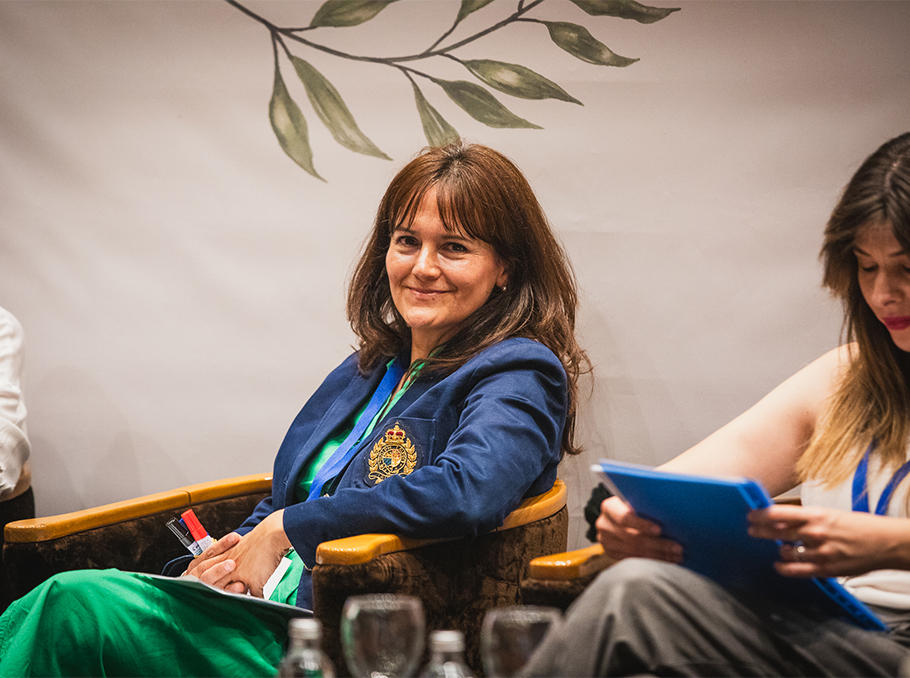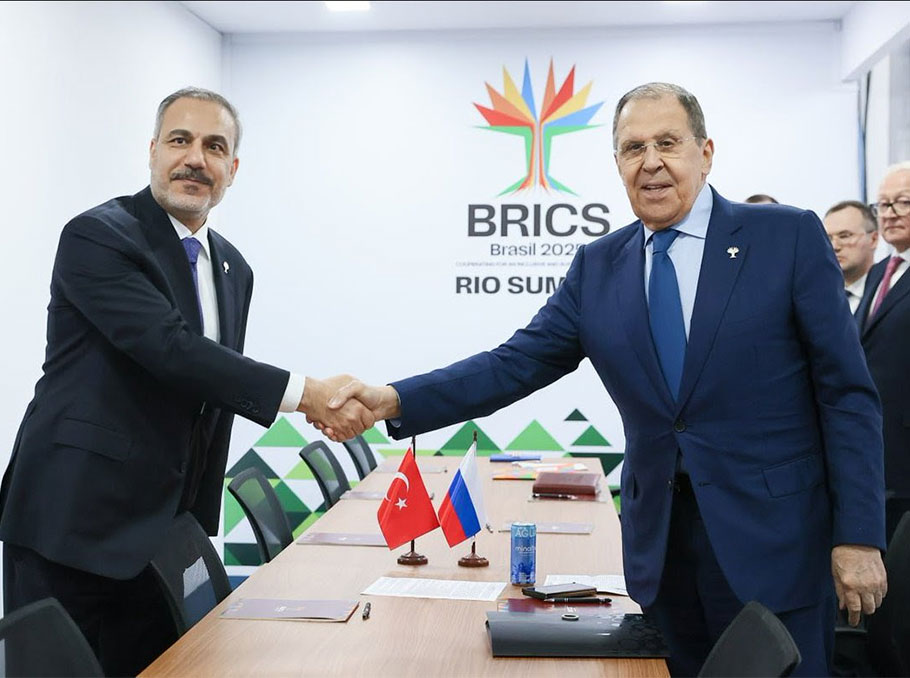Mediamax presents op-ed by Traian Hristea, Ambassador, Head of EU Delegation to Armenia.
When the Lisbon Treaty entered into force in December 2009, the EU institutions underwent great changes, one of the significant developments being the establishment of the European External Action Service in January 2011. My mission to Armenia started in December 2011, when the Delegation of the European Union as the result of the mentioned Lisbon Treaty was already representing the European Union as a whole, as well as cooperating and negotiating with the Armenian authorities with a cohesive EU voice and mandate. Hence, I was committed to facilitating the deepening and strengthening of EU-Armenia relations.
The EU believes its partnership with Armenia is extremely important, and we are keen to continue deepening relations to promote our common values of democracy, rule of law, human rights and market economy by means of implementing our bilateral agreements. During the visit of President of the European Council Donald Tusk on 20 July this year the importance of European Union - Armenia relations was again underlined. Over the past four years, our partnership with Armenia has been conducted in the framework of the European Neighbourhood Policy (ENP), which has been the basis for our cooperation with countries around the European Union borders.
Eastern Partnership brought the relationship between the EU and Armenia to a new level: it has deepened our bilateral engagement and has built a strong platform for cooperation and dialogue based on commonly shared values. The Eastern Partnership also brings benefits to citizens as it was established to support reforms towards the implementation of those values based on a free will and the needs of partners themselves. Those reforms require a strong political will and consistent efforts. Though reforms are not cheap and we have a lot of challenges, we are facing them and drawing necessary conclusions.
After almost three and half years of extensive and comprehensive negotiations, in July 2013 the EU and Armenia concluded negotiations on a new Association Agreement and a Deep and Comprehensive Free Trade Area (AA/DCFTA). The AA/DCFTA aimed at allowing Armenia, with the EU´s support, to drive forward a programme of comprehensive modernisation and reforms based upon shared values, political association and economic integration. Practically, the aim was to help transforming the political will to perform the reforms into a legal obligation.
Armenia decided in September 2013 not to sign the Association Agreement/DCFTA with the EU but rather join the Eurasian Economic Union (EEU). As EU always fully respects the sovereign decisions of its partners, EU remained committed to further engage with Armenia, and to strengthen bilateral cooperation within the Eastern Partnership, in all areas compatible with Armenia's choices. This, indeed, underlines again the importance that the EU attaches to Armenia.
In the light of these new circumstances, at the Eastern Partnership Summit in Vilnius in November 2013, the EU and Armenia acknowledged the finalisation of AA/DCFTA negotiations and agreed on the need to update the EU-Armenia Action Plan. An agreement was reached also to revise the basis for our relations, building upon the existing framework for cooperation.
Bilateral relations were developing in the meantime leading to tangible results. First and foremost we achieved a level where strong and open political and sectoral dialogue is in place. The EU-Armenia Visa-Facilitation and Readmission Agreements entered into force in January 2014, and since March 2014, Armenia participates in EU programmes and agencies. The visa facilitation agreement made it easier and cheaper for citizens of Armenia, in particular those who travel the most, to acquire short-stay visas, allowing them to travel to and freely throughout the Schengen zone. But also to return to the country and share the acquired know how and experiences.
In March 2015, we finalised our joint reflection with our Armenian counterparts on the scope for future EU-Armenia relations in order to revisit the legal bases of EU-Armenia relations and to identify the potential areas for our future cooperation. The purpose for both sides was to define an ambitious scope while keeping as much as possible of the negotiated draft AA/DCFTA in all areas compatible with Armenia's new international obligations. EU and Armenia will start the negotiations on the new agreement soon.
In May 2015, the Eastern Partnership Summit was held in Riga which took stock of achievements made since the last Summit in Vilnius and the way forward for the EaP. The Summit demonstrated that the EU continues to engage with Armenia - it fully supported the mediation efforts by the co-chairs of the Minsk Group on the Nagorno-Karabakh conflict, it welcomed the common understanding reached on the scope of a future agreement between the EU and Armenia, it emphasised the progress reached in extending the Eastern Europe Energy Efficiency and Environmental Partnership (E5P) to Armenia, it welcomed the progress to date in the implementation of the Visa Facilitation and Readmission Agreements with Armenia and looked forward to consideration in due course of the opening of a visa dialogue with Armenia, provided that Armenia continues to ensure sustained progress in the full implementation of the Visa Facilitation and Readmission Agreements. The summit also paved the way for finalising the agreement for association of Armenia to Horizon 2020 and to the launching of negotiations on an EU-Armenia Aviation Agreement at the earliest opportunity.
The deep transformation in Armenia concerns all parts of society. In other words, brave reforms require strong domestic support. EU has therefore encouraged the dialogue with local authorities and Armenian civil society, especially via the Civil Society Forum Armenian national platform. During President Tusk's visit President Sargsyan stressed that he does not conceive Armenia’s development without reforms and does not conceive the reforms without the European practice and assistance. So, I believe and trust that with mutual commitment the reforms will be successful.
Too often I heard the question "What does the EU actually do for Armenia?" It's well known that the EU is the biggest development cooperation donor in the world. During 2011-2015 EU's bilateral assistance to Armenia amounted to approximately €220 million. The scale of the EU's assistance is not always visible and is often underestimated due to the difficulty to measure the impact of all the activities. Keeping this in mind, I would like to give a few concrete examples of the results that have been achieved in cooperation with our partners in several fields in Armenia.
The EU has financed the renovation of 12 regional vocational education and training (VET) colleges. Funds have already been committed for another 7 VET institutions, allowing better access to reformed and specialized education for more than 9050 people. So far almost 1000 Armenian students and professors have benefitted from Erasmus and Tempus scholarships in European Universities. 21 Armenian universities are currently involved in ongoing knowledge-sharing projects with European institutions.
EU supports increasing the professionalism and independence of the justice system. So far, 10 court buildings have been constructed and 2 buildings have been reconstructed, the EU has supported the creation of electronic notary system, enhanced training and education of judges and court personnel. A working group composed of international and local experts have supported for instance, the total revision of the Civil Procedure Code, the Notary Law, and the Law on Legal Acts. The reforming of justice system will continue in the coming years.
In agriculture the European Neighbourhood Programme for Agriculture and Rural Development (ENPARD) supports more than 3000 farmers to receive training for improving their revenues; pilot cooperatives will be created in all the marzes, 30 agro-businesses will be supported to allow market extension. In addition, organic farming will be further developed and the agricultural education will be enhanced to provide students with the latest knowledge and skills in this field.
In the energy sector the EU's key concern in Armenia is nuclear safety. The EU has been supporting the safe operation of Medzamor nuclear power plant until its full decommissioning from 1990 with more than €60 million. In order to contribute to the diversification of the available sources of energy supply, a transmission network in Ayrum will be created to connect Armenian power grid to the Georgian one. This will enable energy exchanges between the two countries, whilst also contributing to the facilitated electricity exchange in the entire region.
Other important sectors are renewable energy and increased energy efficiency. To this date, 10 mayors of Armenian cities and towns (Aparan, Hradzan, Tsagkhadzor, Artik, Dilijan, Gyumri, Spitak, Vayk, Ashtarak and Yerevan) have joined the EU initiative to increase energy efficiency and to use renewable energy sources on their territories. A pilot project of €1.5 million has been launched in Vayk and Spitak to develop and test efficient ways of saving energy in residential and public buildings.
The EU covers a wide range of issues related to the nature protection and climate change mitigation in Armenia. Among other initiatives the EU is contributing to the disposal of obsolete pesticides, improving the air quality in Yerevan, protecting the river basin of the Akhurian and Metsamor rivers, contributing to better environmental management of Lake Sevan, supporting forest and pastures governance, and creating a forest sanctuary with a total area of 13.000 ha in Tavush.
In the area of entrepreneurship and trade, the EU's assistance has financed the provision of advisory services to over 930 small and medium-sized enterprises, leading to an average increase of business activity of more than 30%. This project alone has created over 1,320 new jobs. In order to provide cheaper access to finance the EU funded the establishment of the ACBA-Credit Agricole Bank. Armenia is one of the 13 countries whose businesses benefit from custom free access to EU's market (66% of product lines) in exchange of country's progress in labour rights, good governance, human rights and environmental rights (GSP+ Scheme).
The EU is accompanying anti-corruption efforts and complimenting reforms in the way public funds are managed and accounted for. Various e-Governance services have been developed, including electronic civil status register; one-stop-shop vehicle registration; automated driver license issuing system; on-line traffic fines tracking and payment system.
Water supply networks are being repaired in Jermuk, Ijevan, Azatamout, Dilijan, Akhtala, Spitak, Jrashen, Tashir, Artik, Sevan, Chambarak, Gavar, Saroukhan, Martouni, Byureghavan, Abovyan, Kapan, as well as in Yerevan. This means that the quality of drinking water for 1.5 million people is improved and in the smaller towns and communities the continuity of the drinking water supply is raised to the international standards. For some communities this will be the first time they have access to running water on continuous basis. The water supply and sewage systems in Gyumri, Vanadzor, Armavir/Metsamor and their surrounding communities are rehabilitated and extended.
Three new wastewater treatment plants are constructed in Dilijan, Jermuk, and Armavir to reduce the pollution in water resources. As for the solid waste management, new sanitary landfill is being currently constructed in Kotayk that will be used by eight surrounding municipalities. The project will provide environmental and social benefits for the region by introducing a modern system for the collection and disposal of municipal solid waste. The same will be done in Nubarashen, near Yerevan, to improve the hazardous environmental conditions in the current dumpsite.
In the area of transport the EU is supporting the creation of North-South corridor by contributing to the reconstruction of 170km of road between Yerevan and Bavra. The Yerevan metro system is renovated with the EU help - the works include stock upgrades, track improvements, power supply refurbishment, and fire protection equipment. Border crossing points in Bagratashen, Bavra and Gogavan are being modernised and access roads in their vicinity will be reconstructed.
During the past four years the EU has funded over 100 activities that have been implemented by the civil society organisations in the fields of human rights, migration, local community empowerment and poverty reduction. Furthermore, it is difficult to estimate the exact number of civil society representatives who have participated in trainings, seminars and consultations. For example, in 2014 alone, more than 40 different CSOs participated in trainings increasing their skills and competence to further their cause and protect the rights and interests of people living in Armenia. More importantly, the EU continued to support the involvement of the NGOs in the policy dialogue with the authorities particularly in the areas where EU is offering assistance.
These are just some examples of the direct outcome of the EU's assistance to Armenia. Of course, the above mentioned is just the tip of the iceberg. It is impossible to measure the impact of each project outside of its main objectives or specific targets. For instance, thousands of jobs were created to implement the above mentioned activities or as an indirect outcome of those activities. I have to add here the role that the new knowledge and skills gained in the projects, trainings, consultations and exchange programmes, will play in the country's future developments.
We know that the impact of reforms that are being implemented in Armenia so far as a result of EU's partnership with the Armenian Government demonstrate the efficiency and need to implement our common values and joint commitments. Since 2009 the EU has supported the state budget in exchange of reforms enhancing economic governance, justice, agriculture and rural development, and vocational and educational training. All for the benefit of the Armenian people and for building a more stable and prosperous neighbourhood.
My mission in Armenia is ending soon. There were four years of challenges and successes, rewarding and motivating the team and the partners. Armenia can rest reassured that EU will continue to be there to deliver results.



























Comments
Dear visitors, You can place your opinion on the material using your Facebook account. Please, be polite and follow our simple rules: you are not allowed to make off - topic comments, place advertisements, use abusive and filthy language. The editorial staff reserves the right to moderate and delete comments in case of breach of the rules.